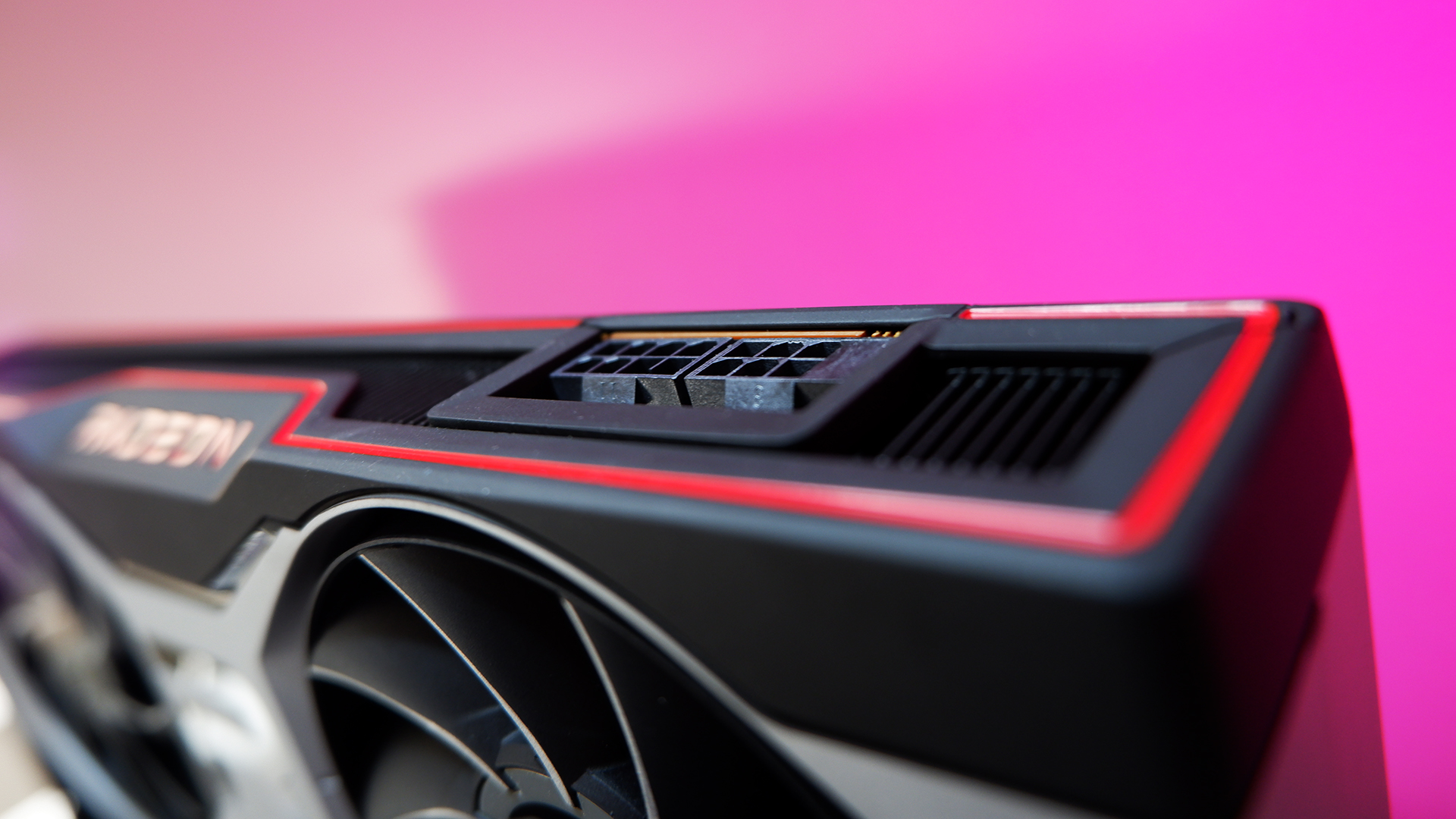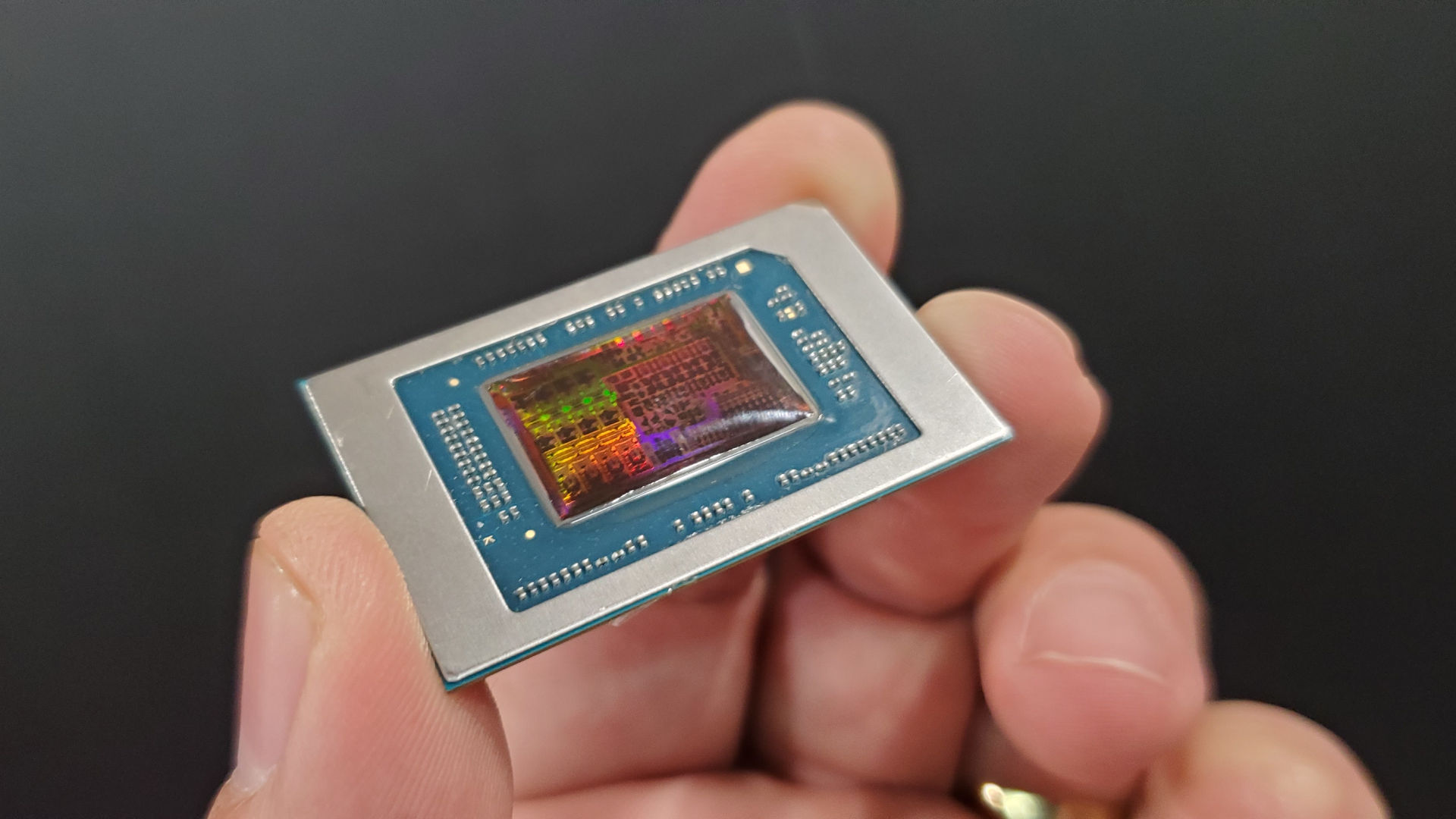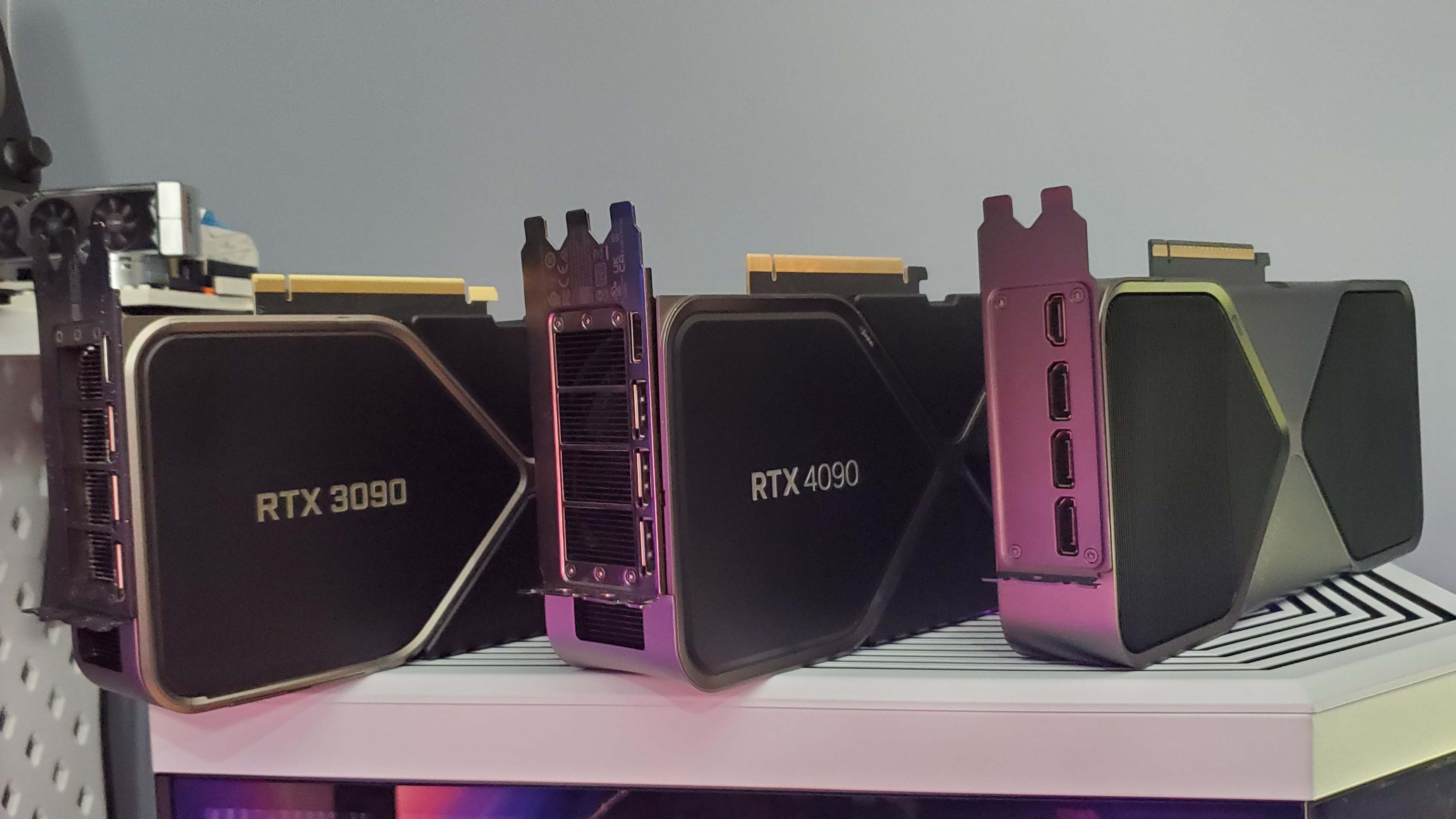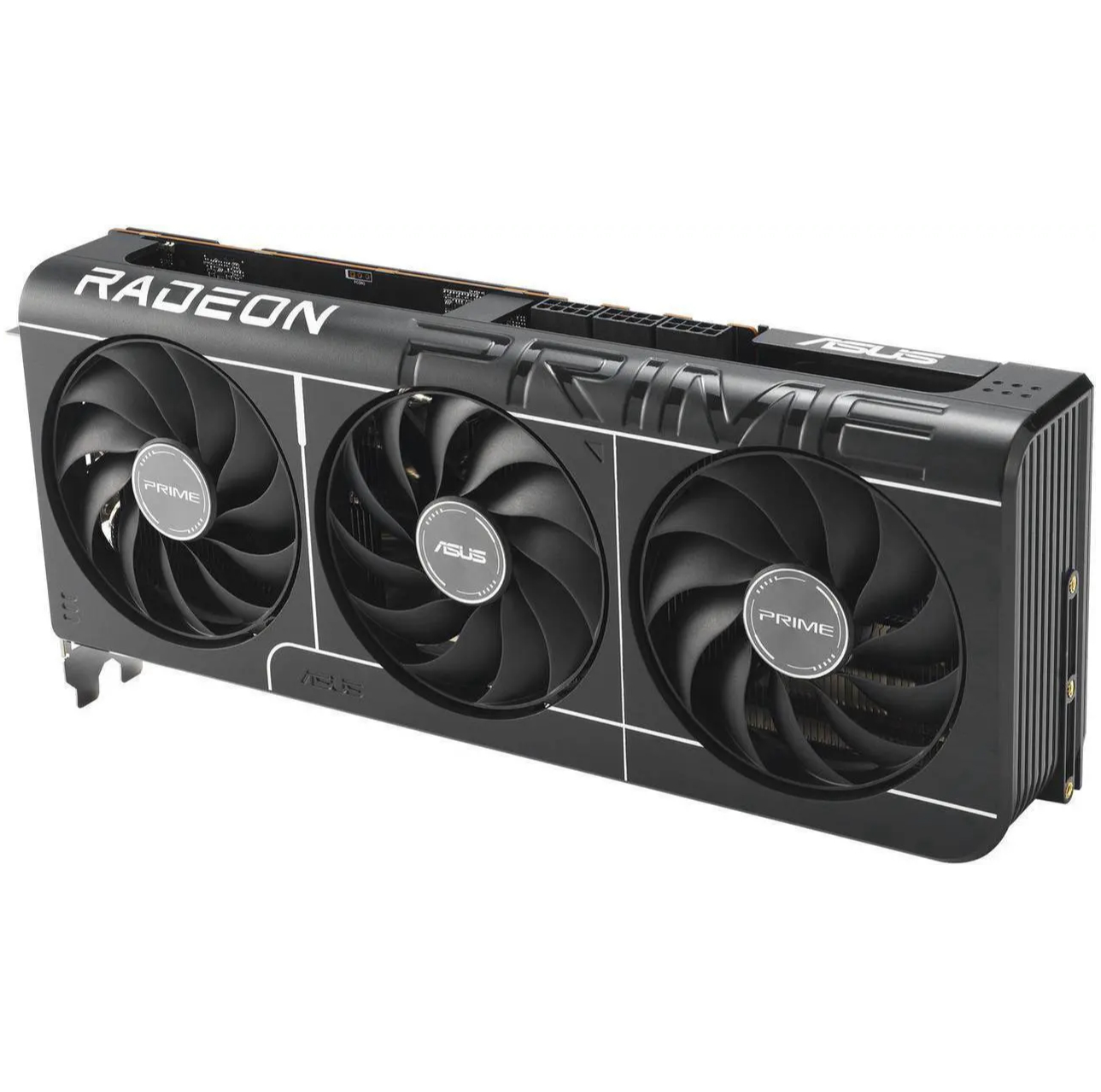Move over, GPUs and CPUs: AMD is looking into creating AI accelerator cards to improve the neural performance of ordinary PCs
It's early days yet, so don't expect to see anything for a while.

If you want to do a spot of homebrewed AI on your PC, be it just some generative image making for fun or more serious data research, then you've only got two options to do this: use a neural processor built into a CPU or use a graphics card. However, if AMD's early investigations bear silicon fruit, then there will be a new choice to consider, a discrete AI accelerator card.
AMD's head of client CPUs, Rahul Tikoo, spoke to CRN at a press briefing, where he confirmed that the company was in the early stages of exploring the possibility of a discrete AI accelerator card for desktop PCs. That mostly involves talking to its customers to see how much potential interest there is and what the expected use cases would be.
If AMD deems there to be enough interest to make the project financially viable, it actually wouldn't take all that long for it to churn something out. Tikoo suggests that the accelerator card wouldn't be using a GPU but potentially could sport an NPU chip, instead. AMD already has plenty of experience with them, of course, as a whole host of its laptop CPUs sport an XDNA-powered NPU.
Neural processing units (NPUs) are specialised circuits designed to handle the specific mathematics and data formats heavily used in AI algorithms. In some ways, they're quite similar to GPUs, as they do lots of parallel processing, but they're far less versatile.
Well, the NPUs stuffed inside AMD and Intel CPUs aren't especially versatile because they're pretty small and have to share resources and buses with the rest of the processor. Take it out of the CPU, scale it up so it's much more powerful, give it its own memory and PCIe controllers, and then stick it on a circuit board with lots of RAM, and you'll have something far more potent.

Discrete 'AI cards' already exist, such as Qualcomm's Cloud AI 100 Ultra, although they're primarily designed for use in large data centres, not a small PC on your desk. Many are just GPUs with no monitor outputs, and the latest gaming graphics cards can easily handle AI tasks, so it would be understandable to question why AMD would consider creating a desktop AI card.
Nvidia utterly dominates the GPU industry, which is why it also dominates the AI industry. However, its range of chips is relatively narrow—all GeForce GPUs are just scaled versions of the same design, and they're not altered in any way for use in the professional market. Only its megascale processors, the likes of the B200 and GB200, are fundamentally different.
Keep up to date with the most important stories and the best deals, as picked by the PC Gamer team.
That means there's scope for AMD to create something uniquely different and specialised solely on AI that, if priced correctly, could be of real interest to thousands of PC users around the world. An AI accelerator that's more capable than an RTX 5090 in neural processing, and costs significantly less, would be snapped up. AMD already has the software stack for its CPU-housed NPUs and an entire line of specialised chips and cards, so it's well within its remit to quickly make an AI accelerator.
And who knows, if it all comes to fruition, there's perhaps a chance we'll see gaming PCs sporting a little AI card to handle the machine learning algorithms for frame generation, much like how you can use a second graphics card to run Lossless Scaling.

Some of you may recall Ageia's PPU (physics processing unit) accelerator card, aka PhysX, and although that had a very short existence before Nvidia bought the company, it showed that having specialised hardware can make a significant difference to games.
I reckon there will be enough interest from AMD's PC partners to give it the incentive to make a desktop AI accelerator card. My only concern is that if it's not marketed properly, e.g. it just gets muddied in the whole AI PC nonsense, then few people will actually buy one, and it'll just end up going the way of the dodo. Or to be more appropriate, a PhysX card.

1. Best overall: AMD Radeon RX 9070
2. Best value: AMD Radeon RX 9060 XT 16 GB
3. Best budget: Intel Arc B570
4. Best mid-range: Nvidia GeForce RTX 5070 Ti
5. Best high-end: Nvidia GeForce RTX 5090

Nick, gaming, and computers all first met in the early 1980s. After leaving university, he became a physics and IT teacher and started writing about tech in the late 1990s. That resulted in him working with MadOnion to write the help files for 3DMark and PCMark. After a short stint working at Beyond3D.com, Nick joined Futuremark (MadOnion rebranded) full-time, as editor-in-chief for its PC gaming section, YouGamers. After the site shutdown, he became an engineering and computing lecturer for many years, but missed the writing bug. Cue four years at TechSpot.com covering everything and anything to do with tech and PCs. He freely admits to being far too obsessed with GPUs and open-world grindy RPGs, but who isn't these days?
You must confirm your public display name before commenting
Please logout and then login again, you will then be prompted to enter your display name.

